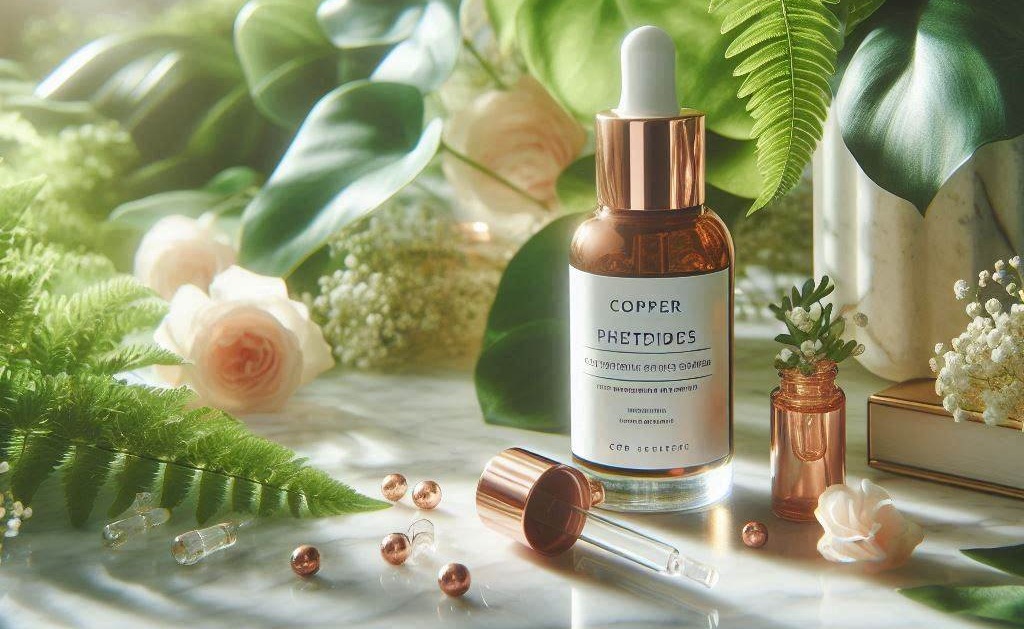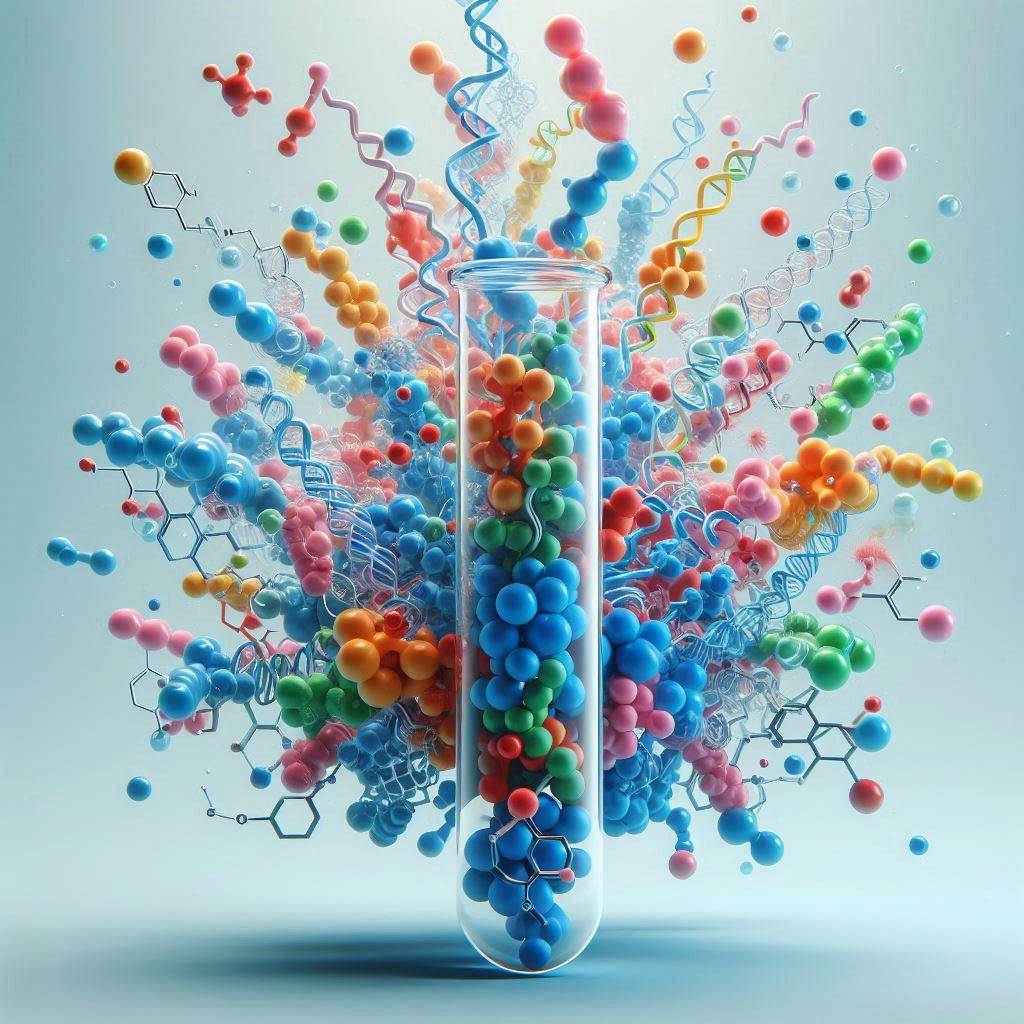Hair loss is a common concern for millions of people worldwide. While there are established treatments like minoxidil and finasteride, the search for even more effective solutions continues. Peptides, short chains of amino acids, have emerged as a potential new weapon in this fight. But before you rush out and buy peptide-infused hair products, let’s delve deeper into the science and understand the current state of this exciting yet uncertain frontier.
Peptides and Hair Growth: A Glimpse of Promise
The concept behind peptides for hair growth is intriguing. Peptides can act as messengers, influencing various cellular processes. Some researchers believe that specific peptides can stimulate hair follicle growth, improve blood flow to the scalp, or even block hair loss-promoting factors.
Here are some of the peptide types showing promise in hair growth research:
- Copper Peptides (like GHK-Cu): These have received significant attention. They might improve blood circulation in the scalp, potentially enhancing nutrient delivery to hair follicles and promoting growth.
- Follistatin: This peptide may be a potential blocker of a protein that hinders hair growth. Early research suggests it could contribute to hair regrowth.
- PTD-DBM: Initial studies indicate its potential to reverse hair loss, although more research is needed.
- Acetyl Tetrapeptide-3: This peptide may have anti-inflammatory properties, potentially benefiting hair follicle health and reducing hair loss caused by inflammation.
- Biotinoyl Tripeptide-1: This combines biotin, a B vitamin important for hair health, with a peptide for potential hair strengthening and growth benefits.
The Reality Check: What We Don’t Know Yet
While these peptides show promise, there are crucial aspects to consider:
- Limited Evidence: The research on peptides for hair growth is still in its early stages. More robust studies are needed to confirm their effectiveness and safety for human hair regrowth.
- Delivery Methods: How best to deliver peptides for hair growth remains under investigation. Topical application is a possibility, but factors like absorption significantly impact effectiveness.
- Regulation: In the US, the FDA doesn’t currently regulate peptide use for hair growth. This means the quality and safety of products containing them are uncertain.

Consulting a Dermatologist: The Key to Safe and Effective Hair Loss Solutions
Before considering peptides for hair growth, consulting a dermatologist is vital. They can:
- Diagnose the cause of your hair loss (essential for choosing the right approach).
- Discuss safe and proven hair loss treatments like minoxidil and finasteride, which have a history of effectiveness for many.
- Advise on potential risks and interactions with other medications you might be taking.
Remember:
- There’s no magic bullet for hair loss, however established treatments like Minoxidil and Finasteride can be very effective.
- A healthy lifestyle with proper nutrition, stress management, and good hair care practices can also significantly contribute to healthy hair growth.
The Future of Peptides in Hair Growth
The research on peptides for hair growth is ongoing and holds promise. However, it’s important to maintain a realistic perspective. Consulting with a dermatologist and exploring proven treatment options should be your first line of defense against hair loss. Peptides might offer a future solution, but for now, consider them a developing story in the field of hair restoration.










